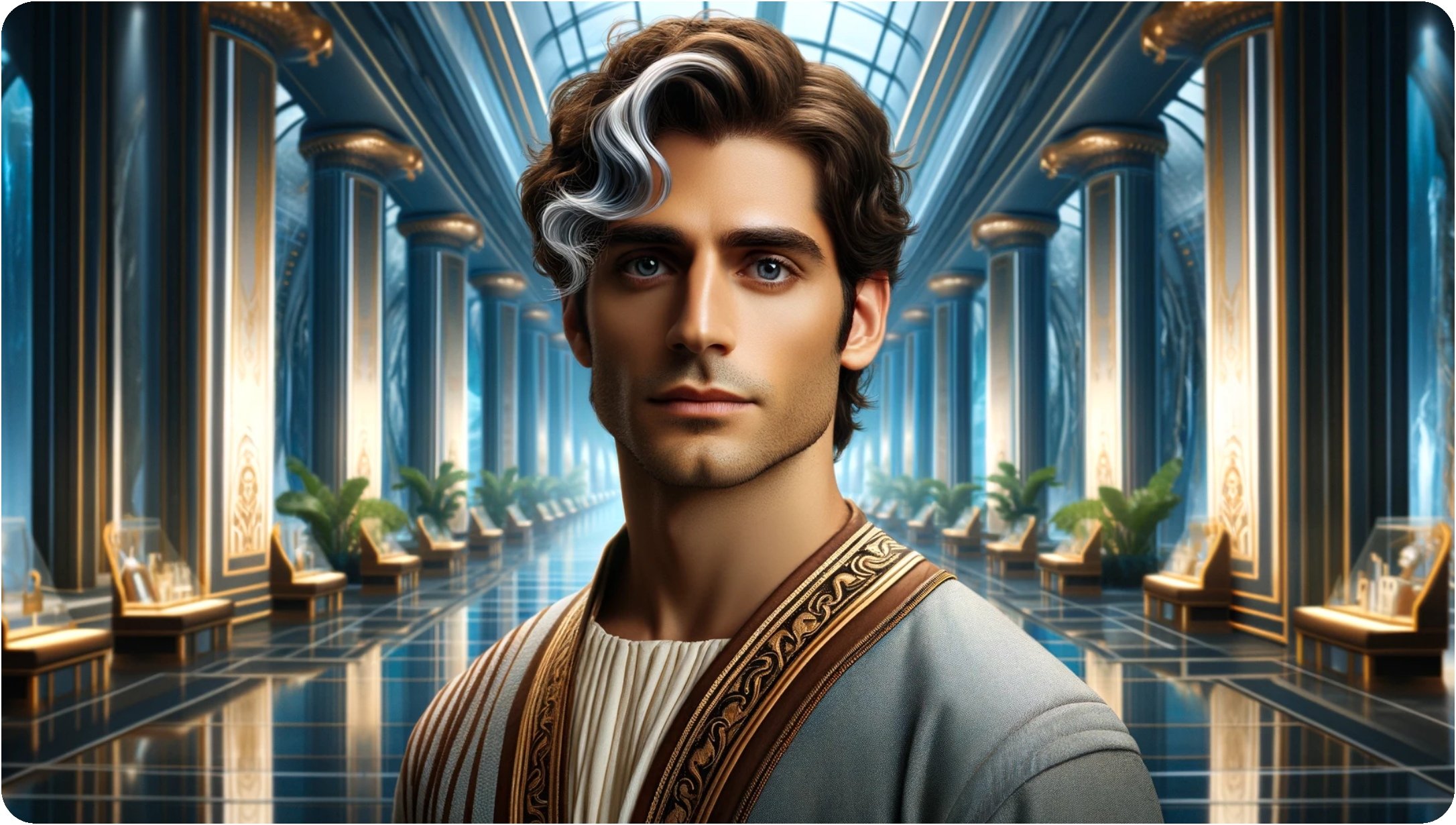The Spectrum of Entertainment in Plato's Greece
In the vibrant society of Ancient Greece, particularly during the time of Plato in the 4th century BCE, entertainment was not a monolithic concept but a rich tapestry that reflected the diversity of social classes, the blend of intellectual pursuits, and the celebration of physical prowess. The period, marked by philosophical inquiry, dramatic innovation, and athletic excellence, offered a variety of pastimes ranging from intellectually stimulating symposia to the physically demanding Olympic Games. This exploration into the entertainment avenues of Plato's time reveals a civilization deeply committed to celebrating the mind, body, and spirit.
Outdoor Entertainments: A Celebration of Physical Prowess and Divine Favor
The Olympic Games: Perhaps the most famous of all Greek entertainments, the Olympic Games were a quadrennial festival held in honor of Zeus. These games were the pinnacle of Greek athletic competition, featuring events such as footraces, long jump, shot put, javelin, boxing, pankration (a form of mixed martial arts), and equestrian events. Athletes from all over the Greek world came to compete, and the winners were celebrated as heroes, their names etched into the annals of history.
Theatre Festivals: Outdoor theatres in Athens, such as the Theatre of Dionysus, hosted dramatic festivals, the most significant of which was the Dionysia. These festivals featured competitions in tragedy and comedy, with playwrights like Sophocles, Euripides, and Aristophanes presenting works that explored the depths of human emotion, political satire, and the complexities of divine intervention. The theatre was a communal experience, reflecting the societal values, tensions, and comedic relief of the time.
Chariot Racing and Horse Racing: Popular among the wealthier classes but enjoyed by all, chariot and horse racing were thrilling events often held in conjunction with other festivals. Races took place in hippodromes, large open spaces designed specifically for these contests. The danger and skill involved made these events highly anticipated and celebrated.
Indoor Entertainments: The Realm of Intellectual and Social Engagement
Symposia: The symposium, a central feature of social life, was an all-male drinking party that offered an environment for free-flowing conversation, philosophical debates, poetry recitations, and musical performances. As Plato's dialogues often depict, these gatherings were not merely for hedonistic pleasure but served as forums for intellectual exchange and the cultivation of friendships among the Athenian elite.
Music and Dance: Music was an integral part of Greek life, deeply intertwined with both education and entertainment. Instruments like the lyre and aulos were popular, and music accompanied almost every form of public and private entertainment, from religious ceremonies to banquets. Dancing, too, held a significant place, often reflecting religious, martial, or social themes.
Board Games and Gambling: For more casual entertainment, Greeks engaged in board games like petteia (similar to checkers) and knucklebones, a game akin to dice made from the anklebones of sheep or goats. These games were popular among all classes, offering a form of entertainment that was both accessible and widely enjoyed.
Entertainment Across Social Classes
While some forms of entertainment, like the symposia and certain athletic events, were predominantly the purview of the elite, the public festivals and theatrical performances were more inclusive, allowing individuals from various social strata to partake in the cultural life of the city. Slaves and foreigners, however, had limited access to these entertainments, reflecting the hierarchical nature of Greek society.
Send In The Clowns
The era of Plato was marked by a dynamic interplay of intellectual rigor, athletic excellence, and artistic expression. Entertainment in this period was a multifaceted experience that catered to the diverse interests and capacities of the Greek populace. Whether through the communal experience of theatre, the intellectual engagement of the symposium, or the physical challenge of the athletic competitions, the Greeks cultivated a culture that celebrated the full spectrum of human potential. This holistic approach to entertainment not only enriched their lives but also left a lasting legacy on the civilizations that followed, reminding us of the enduring power of culture to shape, challenge, and inspire humanity.
Color Page: Print and Color
Download and color this free image of a Gladiator and a Lion




